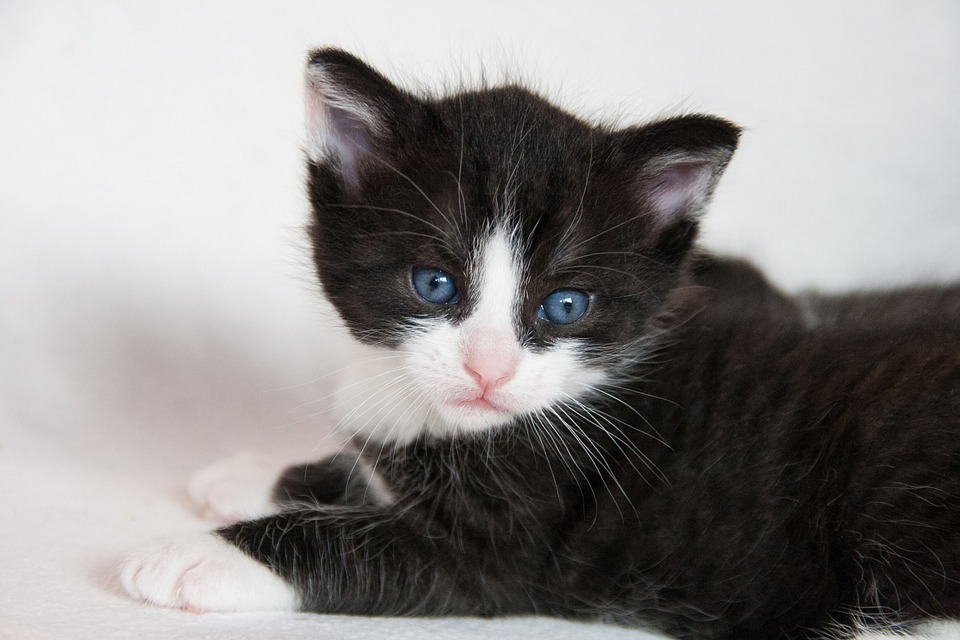Keeping your kitten’s oral health in check is crucial for their overall well-being. Dental issues can lead to discomfort, pain, and even systemic infections if left untreated. In this article, we will delve into the importance of dental care for kittens, explore common dental issues, and provide effective preventive measures and management strategies. Let’s ensure your furry friend maintains a healthy smile throughout their life!
Understanding the Importance of Dental Care for Kittens
The significance of dental health in overall well-being cannot be overstated. Just like humans, kittens are also susceptible to dental problems such as tooth decay, gum disease, and oral infections. These issues can affect their ability to eat, cause pain and discomfort, and even impact their overall health. It is essential to prioritize dental care to prevent these problems and maintain your kitten’s well-being.
Common dental problems faced by kittens include dental plaque and tartar buildup, gingivitis and periodontal disease, tooth fractures and abscesses, and malocclusion (misaligned teeth). By understanding these common issues, you can take proactive measures to prevent and manage them effectively.
Preventive Measures for Optimal Dental Health
Proper nutrition plays a crucial role in maintaining dental health. Feeding your kitten a balanced diet that includes dental-friendly foods can help prevent plaque and tartar buildup. Look for specially formulated kitten food that promotes oral health.
Teeth cleaning techniques and tips are essential for preventing dental issues. Introduce a regular teeth brushing routine early on in your kitten’s life to get them accustomed to the process. Use a soft-bristled toothbrush and toothpaste specifically designed for kittens. Brushing their teeth at least two to three times a week is recommended.
Dental toys and treats can also be beneficial in promoting oral hygiene. Chewing on appropriate toys helps clean their teeth and gums. Look for toys that are specifically designed to promote dental health. Dental treats that help reduce plaque and tartar buildup can also be given as a supplement to regular dental care.
Regular veterinary check-ups are crucial for monitoring your kitten’s dental health. Your veterinarian will perform dental examinations and cleanings as necessary. They can also provide guidance on proper dental care techniques and recommend specific products for your kitten’s needs.
Identifying and Managing Common Dental Issues in Kittens
Dental plaque and tartar buildup are common dental issues in kittens. Signs of plaque and tartar buildup include bad breath, yellow or brown discoloration on teeth, and swollen gums. Regular teeth brushing and dental diets can help prevent and reduce plaque and tartar buildup. Professional dental cleanings may be required for more severe cases.
Gingivitis and periodontal disease are characterized by inflamed gums, bleeding, and bad breath. At-home treatment options include regular teeth brushing, using antiseptic mouthwashes, and providing dental treats. Veterinary interventions, such as deep cleaning, antibiotics, and possible tooth extraction, may be necessary for advanced cases.
Tooth fractures and abscesses can cause severe pain and discomfort. Symptoms to watch for include difficulty eating, drooling, pawing at the mouth, and swollen face. Seeking immediate veterinary care is crucial to assess the extent of the damage and provide appropriate treatment, which may include tooth extraction or root canal therapy.
Malocclusion, or misaligned teeth, can lead to difficulty eating and oral discomfort. Identifying malocclusion early on is important for effective management. Treatment options may include dental filing or extraction. Long-term management may involve regular dental check-ups to monitor the condition.
Frequently Asked Questions (FAQs)
– Can dental issues in kittens resolve on their own?
While some mild dental issues may improve with proper dental care, most dental problems require veterinary intervention for proper management.
– How often should I brush my kitten’s teeth?
Ideally, you should brush your kitten’s teeth two to three times a week. Start early to get them accustomed to the process.
– Are there any natural remedies for dental problems in kittens?
While there are some natural remedies that can help promote dental health, it is essential to consult with a veterinarian before trying any alternative treatments.
– What signs indicate that my kitten requires immediate veterinary attention?
Signs such as severe pain, difficulty eating, swollen face, and excessive drooling indicate the need for immediate veterinary attention.
– Can dental issues in kittens affect their overall health?
Yes, dental issues can impact a kitten’s overall health. Untreated dental problems can lead to infections, difficulty eating, weight loss, and even affect their vital organs.
Conclusion
A proactive approach to your kitten’s dental health can significantly reduce the risk of common dental issues and avoid unnecessary pain and discomfort. By implementing preventive measures, staying vigilant for dental problems, and seeking timely veterinary care, you can ensure your kitten enjoys a lifetime of good oral health. Remember, a healthy smile leads to a happy and thriving feline companion!
Disclaimer: This article is for informational purposes only and should not substitute professional veterinary advice. Always consult with a licensed veterinarian for specific concerns about your kitten’s dental health.








